Holiday Survival Guide
It’s the holiday season, and whether you’re shopping for gifts or preparing for a family reunion, there’s a lot you need to do before the big day. What you don’t need in your life is an impromptu hospital visit for you or your loved ones. Despite being the happiest time of the year, there are so many seemingly innocent things that can be inconvenient or straight up hazardous. If you need some holiday safety tips to help keep you and yours safe this year, read on because this covers everything you need to know!
Injuries
First thing first, we need to cover all of the potential injuries you could run into and how you can work to avoid them. While it’s impossible to avoid all injuries, you can take preventative measures to keep you and yours safer.
Slips & Falls
It’s winter, which means there’s ice and snow everywhere (my Texas family is gloating over their 70-degree weather while I’m learning that my windshield fluid can freeze to the window. Great). And with these freezy phenomenons comes the risk of breaking and spraining every part of your body if you slip. To help prevent this, be sure to diligently remove snow and salt your porch, steps, and other high-traffic areas.
Ice isn’t the only thing that can cause falls, though. Shoes, toys, bags, and other items left strewn about your home can be a tripping hazard for kids, seniors, and people with poor balance or sight. It is especially dangerous when loose items are left near stairs. You don’t have to be a neat freak, but at least keep the floor clear! If you’re having guests over, also consider leaving the lights on in all areas where the guests will be so that they can easily navigate unfamiliar spaces.
Shoveling Snow
As a Texan trapped in Utah, I can easily say that I had no idea that shoveling snow could make your back hurt so much. However, sore muscles aren’t even close to the worst injury you can get from simply trying to escape your driveway. You can overwork your muscles and cause horrible muscle strains, get a cut from the shovel if you swing it around too enthusiastically, dehydration, and heart attacks. To avoid injury, follow these tips:
- Do basic warm-ups before shoveling
- Drink plenty of water
- Take breaks
- Push instead of lift the snow
- If you must lift, do it in lighter loads
- Keep on top of the snow so you aren’t shoveling several feet of frozen snow
- If there’s a large amount of snow, remove it in small portions throughout the day
- If you start to feel chest pain, stop immediately and see a doctor
Cold Related Injuries

The weather outside is frightful, and it can and will send you to the hospital if you aren’t cautious. Not bundling up enough or spending too long out in the cold are both easy ways to give yourself one of the various cold injuries. And fun fact, none of them are fun to have!
Hypothermia
This happens when your core body temperature drops below 95 degrees Fahrenheit, and it’s life-threatening if it drops below 90. To prevent hypothermia, wear warm clothes (be sure to include a hat since body heat leaves rapidly from the head) and don’t stay out for long periods of time.
Chilblains
As if winter didn’t already have enough ways to hurt you, here’s another (but thankfully not lethal) possible way the cold can get you! Chilblains happen when the little blood vessels in your skin are repeatedly exposed to the cold air and causes painful inflammation in said vessels. It causes itching, redness, swelling, and blistering on your hands and feet. Unfortunately, they can last several weeks and can put a damper on your holiday spirit. The best way to avoid developing these is by not going outside. However, seeing as most people don’t want to hibernate all winter like I do, you should at least limit your outdoor exposure and dress appropriately for the weather with extra warm mittens and socks.
Frostbite
Is that Jack Frost nipping at your nose of frostbite? If part of your body is literally freezing, then that’s frostbite for you. It occurs when your body’s tissue is frozen by prolonged exposure to the elements. The extremities, such as ears, nose, hands, fingers, feet, and toes, are particularly vulnerable to frostbite. To avoid this, limit your time outdoors, dress warmly and in layers, and keep an eye out for signs of frostbite (pale or blue-looking skin that’s stiff or rubbery and cold to the touch. The patient may also feel numb in the area).
Heart Attacks
Yes, heart attacks are supposed to be listed with cold injuries. If your first question is ‘why,’ you aren’t alone! Apparently, certain people have a far higher risk of getting a heart attack in cold weather. The cold weather causes blood vessels to constrict, which in turn can raise your blood pressure. This is especially true if you’re doing something active, such as shoveling snow or skiing.
Burns
Tis the season for starting fires (we do not condone arson), and there’s a lot of things that can go wrong when flames are involved. Whether it’s from piping hot cocoa or a roaring fire, there are plenty of things that can cause various degrees of burns. Children are especially likely to be burned. Ensure they are kept away from anything that can burn them, such as stoves and fireplaces, and have adult supervision when they are around them. Here’s a list of some things that may cause burns:
- Boiling liquids
- Candles
- Fireplaces
- Heaters
- Ovens
- Overheated food
- Steam
-
Stoves
Cuts & Lacerations

You know those annoying packages that scissors come in? The ones that you need scissors to open? That’s only one of the types of packaging that can nick you with their sharp edges. And there’s plenty more things at home that can cause cuts. Improperly handled knives and scissors, broken glass, and particularly sharp bed frame edges (yes, I’ve seen it happen) are all potential risks. To minimize the likelihood of lacerations, handle knives and scissors with caution, keep glass items in a secure location, and look around your home for sharp corners that visitors and kids could bump into. If you want to be extra prepared, keep a Ready children’s first aid kit floating around.
Concussions
Concussions can be a side effect of all kinds of different occurrences. You can easily get them from a fall, car wreck, or game of chicken gone wrong. To avoid these, you should avoid falls (see slips and falls), car wrecks (see winter driving safety), and playing chicken without a helmet (see depression [this is a joke]).
Food Poisoning
Some people are just crappy cooks, it’s ok! But there’s more than just poor cooking skills at play when it comes to food poisoning. Expired ingredients, uncooked food, dishes that’ve been left out, and leftovers that've been stored improperly can all create an extremely unpleasant experience for unsuspecting diners. If you’re cooking this holiday season, there are some things you need to do to ensure that your food is safe. For starters, use fresh (or at least not old) ingredients. It’s also important to double-check that your food has been cooked through, especially if it contains meat. In the case of large hunks of meat, it may be prudent to invest in a meat thermometer. Putting food away as soon as the meal is over should be a priority, and make sure it’s stored at the correct temperature to prevent bacteria from growing. If you follow these rules, your dinner party won’t be spoiled by poor food (we make no guarantees for other interruptions).
Mental Health
While physical health is important, your mental health needs to be cared for just as much. Below are some mental health concerns to watch out for and what to do to care for your own or another’s.
Common Mental Health Concerns
Depression
Over the past several years, depression has become a well-known mental disorder that people from various walks of life can suffer from. People who suffer from depression generally have symptoms such as perpetual low moods, lethargy, and tiredness, but can have other symptoms as well.
Burnout
Between shopping for the perfect gift, preparing for your yearly Christmas party, caroling, and whatever else you do to celebrate the season, it’s no surprise that many people suffer from burnout. Symptoms often include both physical and mental exhaustion, irritability, fatigue, headaches, and anxiety.
Stress
Whether it’s work or home related, stress is extremely prevalent and can be even more so during the holiday season. One of the difficulties with identifying stress is that it can present itself in different ways depending on who’s dealing with it. For example, one person may be prone to emotional volatility while someone else may be restless and erratic. If it’s out of the person in question’s usual behavior, they may be reacting to a stressful situation.
For Yourself
An important thing to remember is that you are allowed to take time for yourself and say no to extra responsibility and activities. Take an afternoon to unwind, do something you love, and turn in early. If you have too much on your plate, ask for help. No one will think less of you for needing a hand. And if you’re really struggling, consider reaching out to a professional.
For Others
If someone close to you is struggling, there are various ways you can help. You can see if they need help with anything, drop a plate of cookies off, or inviting them to an activity can show them that you’re there for them. Even just a quick, friendly text can be helpful. For friends who have a habit of overdoing it, offer to take something off their plate.
Common Holiday Accidents
Whether you’re home alone or have a full house, injuries aren’t the only thing you have to worry about (because since when is life easy).

Fires
Fraying cords, overloaded electrical sockets, candles, and non-fire-retardant trees (and real trees) all pose a fire risk, and the last thing you want is the fire department interrupting your festivities. Ring in the new year properly by practicing some good old fashioned fire safety.
- Frayed or chewed cords should be disposed of immediately
- Avoid plugging too many things into a singular outlet
- Never leave a candle unattended or close to flammable objects
- Before buying a Christmas tree, ensure it’s fire-retardant
- Keep trees (real and artificial) at least five feet away from the fireplace
- Own and know how to use a fire extinguisher
- Don’t leave things unattended on the stove
- Never leave a gas stove running unlit as the gas will permeate the whole house and is highly flammable
- Be smart every time you interact with fire
Carbon Monoxide Poisoning
Carbon monoxide, or CO, is a gas that’s undetectable to human senses as it is both colorless and odorless. This gas is lethal when inhaled in concentrated amounts and you should take preventative measures in your home. An important item to have in your home is a working carbon monoxide detector. Like a fire alarm, the device will alert you when it detects carbon monoxide so you can evacuate safely. Another thing you can do to protect your family is make sure that your home is properly ventilated. For example, don’t run your car in a closed garage as the CO in the air will quickly increase.
How to Decorate Safely
If you want to turn your home into a winter wonderland or a cozy getaway, you should go for it! However, you should do so without risking your safety.
Ladders

Falling isn’t the only thing you need to worry about when it comes to ladders. Placing ladders too close to overhead power lines can easily put you in the hospital if you accidentally bump into these lines. To use a ladder safely, wear shoes with good grips, avoid wearing loose clothing, ensure the ladder is placed firmly on the ground, and keep ladders far from power lines. And better yet, keep a Recon first aid kit nearby just in case you do take a tumble!
Hanging Décor
Wall to wall decorations are fun and festive, but you need to be extra careful to make sure they don’t fa la la la fall onto unsuspecting guest’s heads. If something looks like it’s perched precariously, it could be a potential hazard. Be sure that all decorations are secure and won’t fall if someone accidentally bumps into it. While this might not be as important for a felt advent calendar as a decorative metal sign, it never hurts to be cautious!
Glass Décor
While they can be a unique and gorgeous addition to your home, glass decorations need to be dealt with carefully. Glass ornaments need to be kept out of reach from pets and children and put in a place where they won’t be knocked off. Any other glass pieces should be placed in areas where they won’t be damaged. Remember, it’s easier to prevent an accident than it is to pick up shattered glass.
Poisonous Plants

If you’re decking the halls with mistletoe hoping to get a romantic Christmas kiss, you should be careful! Lots of common holiday plants are poisonous. Amaryllis, holly, Jerusalem cherry, and mistletoe should never be consumed due to their poisonous nature. If you have children or pets, keep these plants high out of reach and secured so they won’t fall down.
The Buddy System
Yes, you’re a perfectly capable adult and can take care of yourself. Congratulations! However, it never hurts to have an extra pair of hands around in case something does happen. At the very least, you should have a friend around when you’re using ladders, putting lights on the roof, or really doing anything that may be risky. If things do go south, your buddy can steady your ladder, grab the fire extinguisher, or jingle all the way to the hospital if you get hurt. And if everything goes smoothly, you have someone to hang out with afterwards!
Winter Driving Safety
Basic Road Safety
If you have a legal driver’s license, you (hopefully) know the drill:
- Buckle up every time even if you’re only traveling a short distance
- Don’t drive distracted (Christmas carols are allowed)
- Don’t drive under the influence of drugs or alcohol
- Don’t drive aggressively and avoid aggressive drivers
- Don’t drive drowsy (just take a nap. It’s safer!)
- Follow all the traffic laws, even if you don’t like them
- Keep at least three seconds between you and the driver ahead
Driving with Snow & Ice
Imagine driving on Mario Kart’s Rainbow Road in real life. That’s what it feels like to drive with when there’s snow and ice on the road. It can be terrifying, but with a little practice and some safety tips, you’ll be able to make it home for the holidays safely without sliding off into the abyss!
First of all, you need to drive much slower than usual when there’s snow and ice

involved. When the weather is particularly, you should drive at 45 miles per hour or less. Any faster can be extremely dangerous and you can get pulled over for doing so. If you need to accelerate, do so slowly. The same goes for decelerating, and make sure there’s extra space between you and the person ahead of you in case you start to slide or they slow down suddenly. An important thing to check in your car is that your windshield fluid contains deicer (mine originally did not and I was very confused when it started to freeze to my window). Lastly, if you do start to slide, turn your wheel in the direction of the slide and take your foot off the accelerator. Do not hit the breaks or you will spin out! I recommend watching some videos to fully understand how cars react when they lose traction.
If your car breaks down, do not leave the vehicle behind unless it’s in a dangerous position. This is because search and rescue can find you more easily if you stay with the car. Before driving through an area with bad service or particularly bad weather, inform someone where you’re going and when you expect to arrive, and then follow up when you get there. If you don’t check in, they can alert the police for you.
It’s also prudent to keep extra winter clothing and an emergency survival kit in your car in case you do end up stranded.
Things to Avoid
While I can’t tell you what to do, I can very strongly suggest that you follow the following advice. And while these aren’t strictly holiday safety tips, it doesn’t hurt to take extra precautions!
Making Dumb Decisions

If you and your buddies want to play baseball with ornaments, I have one piece of advice for you: Don’t! Anything that makes you think ‘that might be dangerous’ probably is and should be avoided. If you really have to, take all the necessary precautions to make sure you don’t go blind or roll into the hospital looking like you lost a fight to a fleet of feral elves. Be one of the wise men so you can be safe!
Concerning Alcohol
So long as you indulge in it safely, there’s nothing wrong with having a glass now and then! The real danger comes when you’re a bit too enthusiastic with the bottle and make poor choices while under the influence of it. If you’re having a not so silent night and had more than a glass of wine, don’t do any of the following:

- Drive (this should be obvious)
- Climb a ladder
- Drink energy drinks
- Operate firearms
- Operate a snowblower
- Participate in winter sports (or really any sports)
- Take opiates (increases your risk of overdosing)
- Take sleeping pills (increases the lethality of the pills)
- Use knives, whether you’re in the kitchen or not
No matter how you’re celebrating the season, be sure to follow these holiday safety tips so you can keep yourself safe! And just in case something does happen, grab yourself one of our first aid kits so that you’ll be prepared!
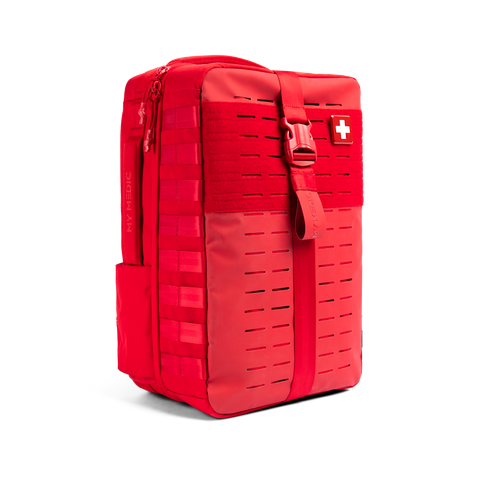 NEW ARRIVALS
NEW ARRIVALS
 BEST SELLERS
BEST SELLERS
 SUPERSKIN™
SUPERSKIN™
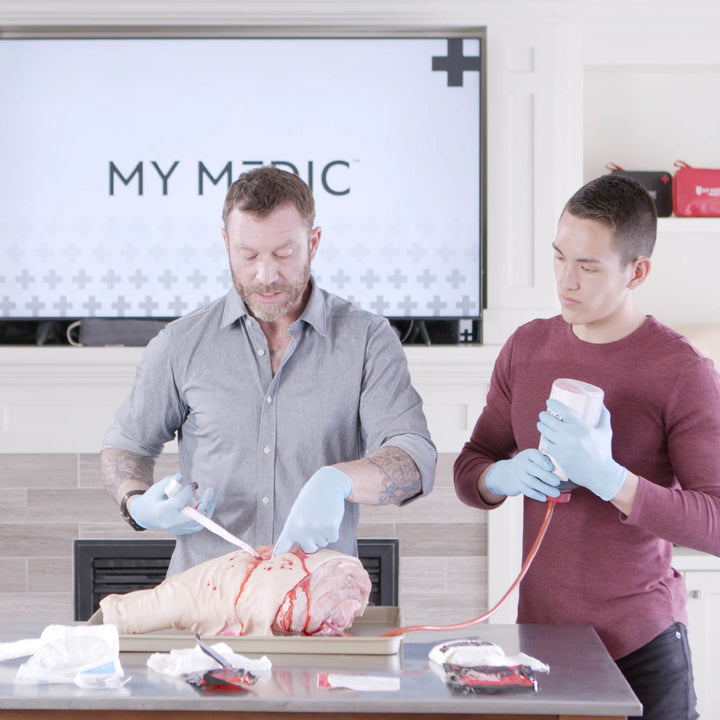 COURSES
COURSES
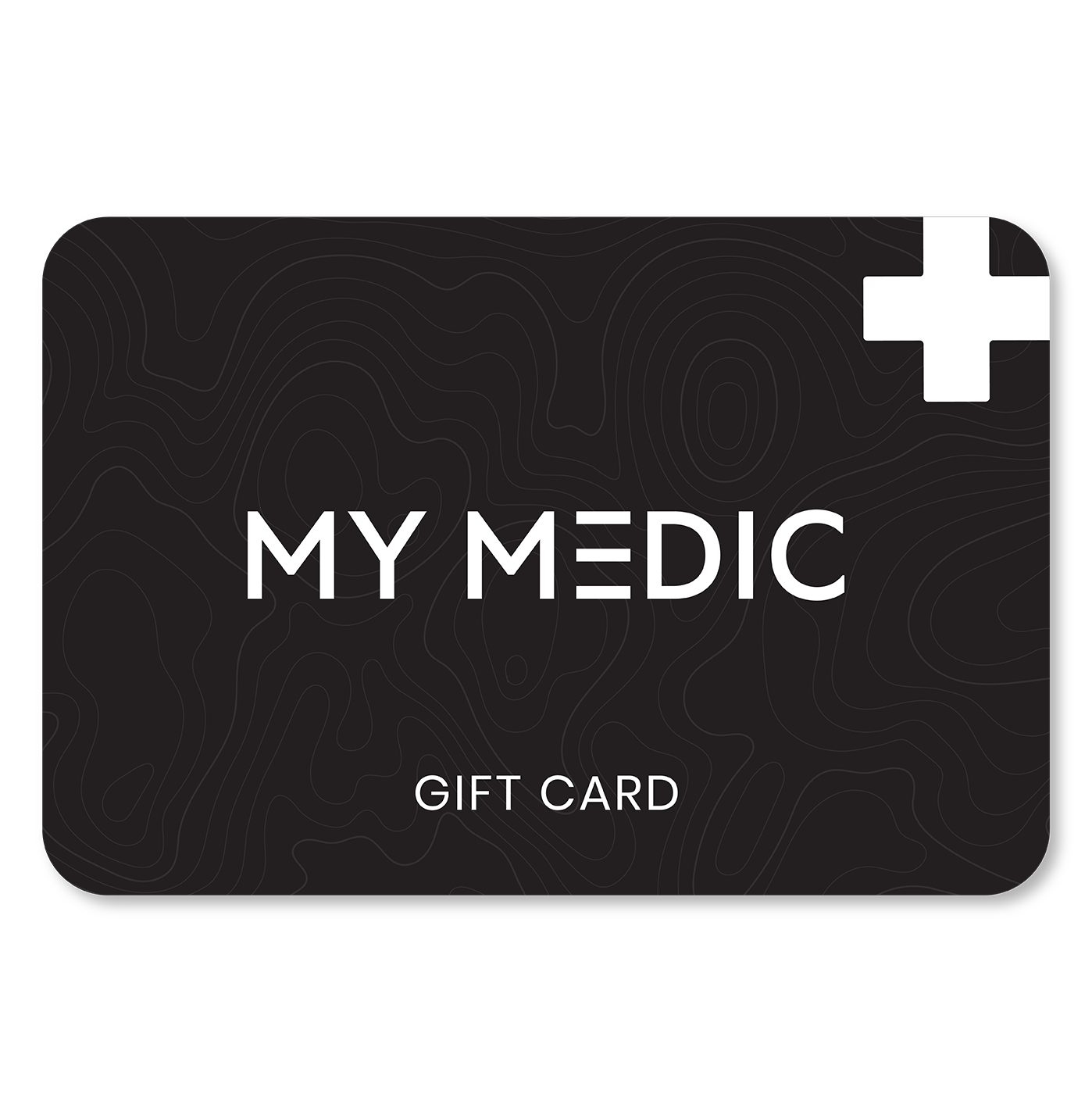 GIFT CARDS
GIFT CARDS
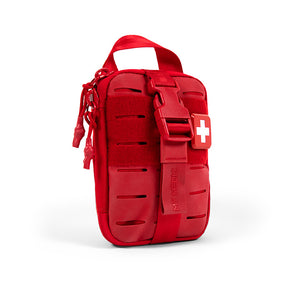 The MyFAK Collection
The MyFAK Collection
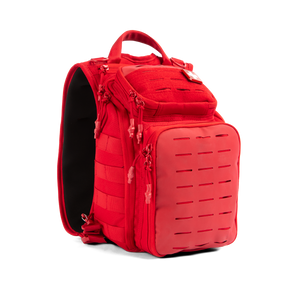 Specialty
Specialty
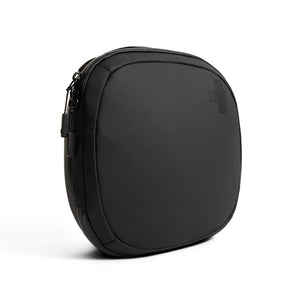 The Ready Collection
The Ready Collection
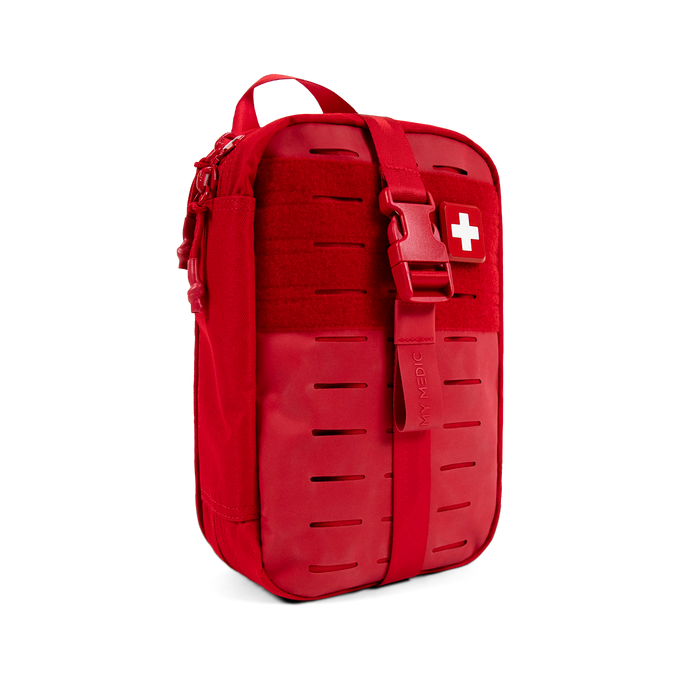
 BLEED
BLEED
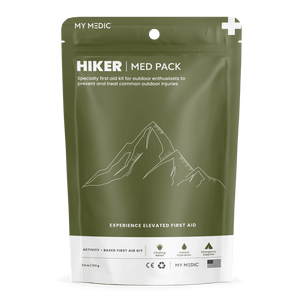 OUTDOOR
OUTDOOR
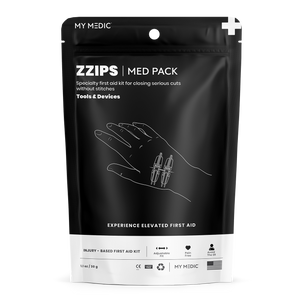 TOOLS & DEVICES
TOOLS & DEVICES
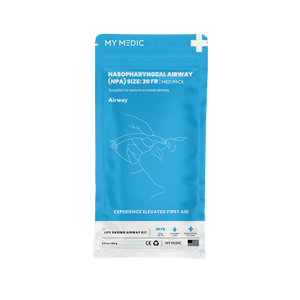 AIRWAY
AIRWAY
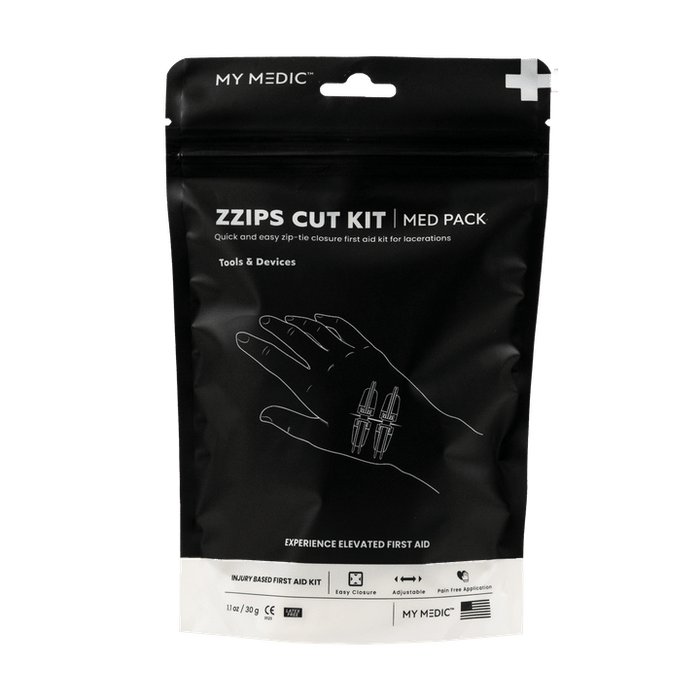
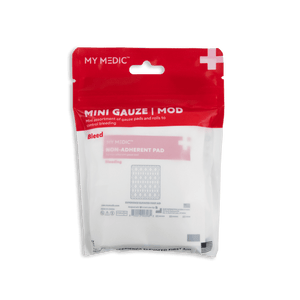 BLEED
BLEED
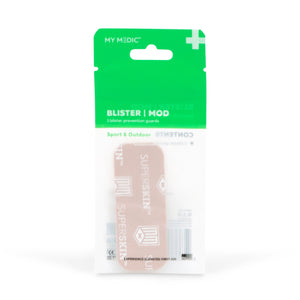 OUTDOOR
OUTDOOR
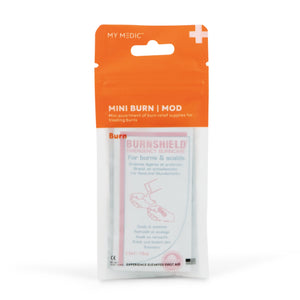 BURN
BURN
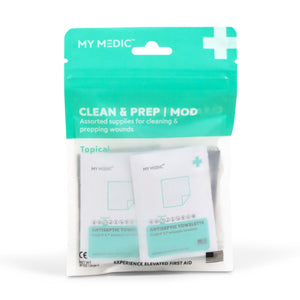 TOPICAL
TOPICAL
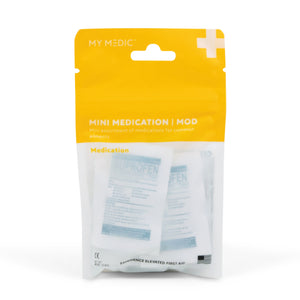 MEDICATION
MEDICATION
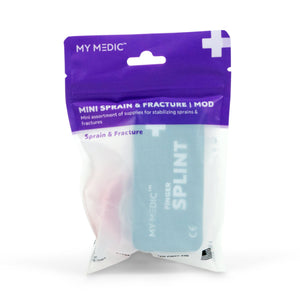 SPRAIN & FRACTURE
SPRAIN & FRACTURE
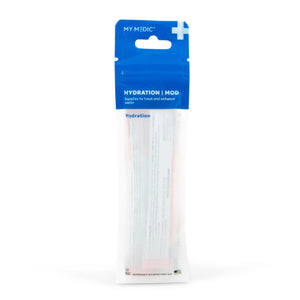 HYDRATION
HYDRATION
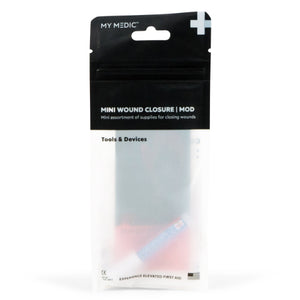 TOOLS & DEVICES
TOOLS & DEVICES
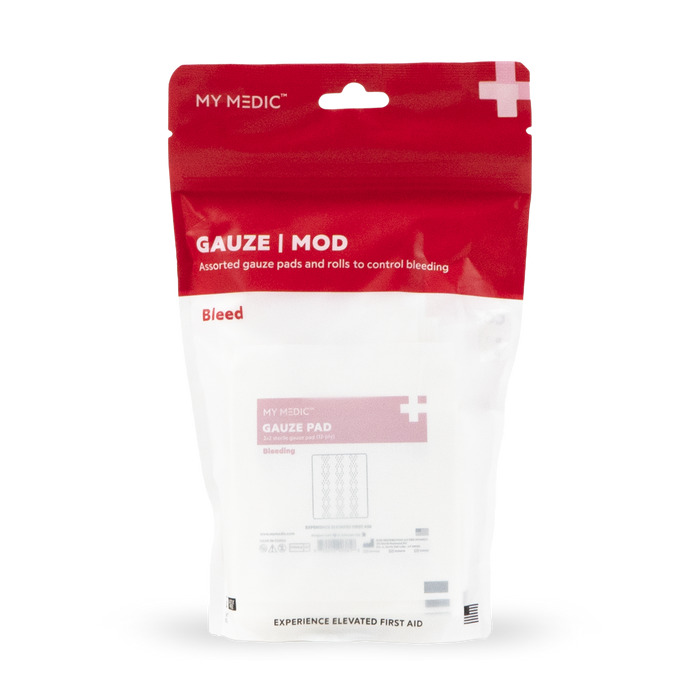
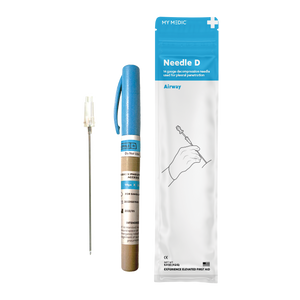 Supply Categories
Supply Categories
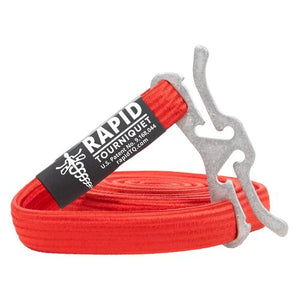 Top Sellers
Top Sellers
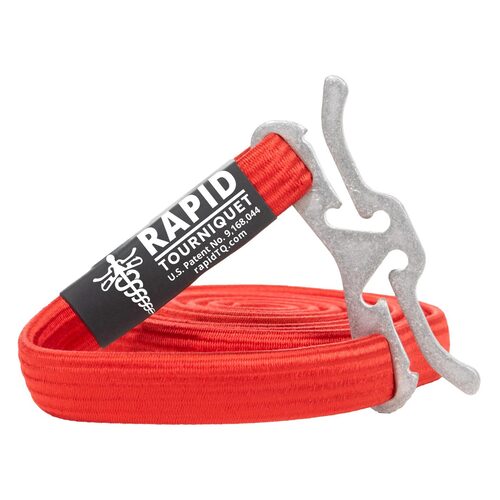





Leave a comment